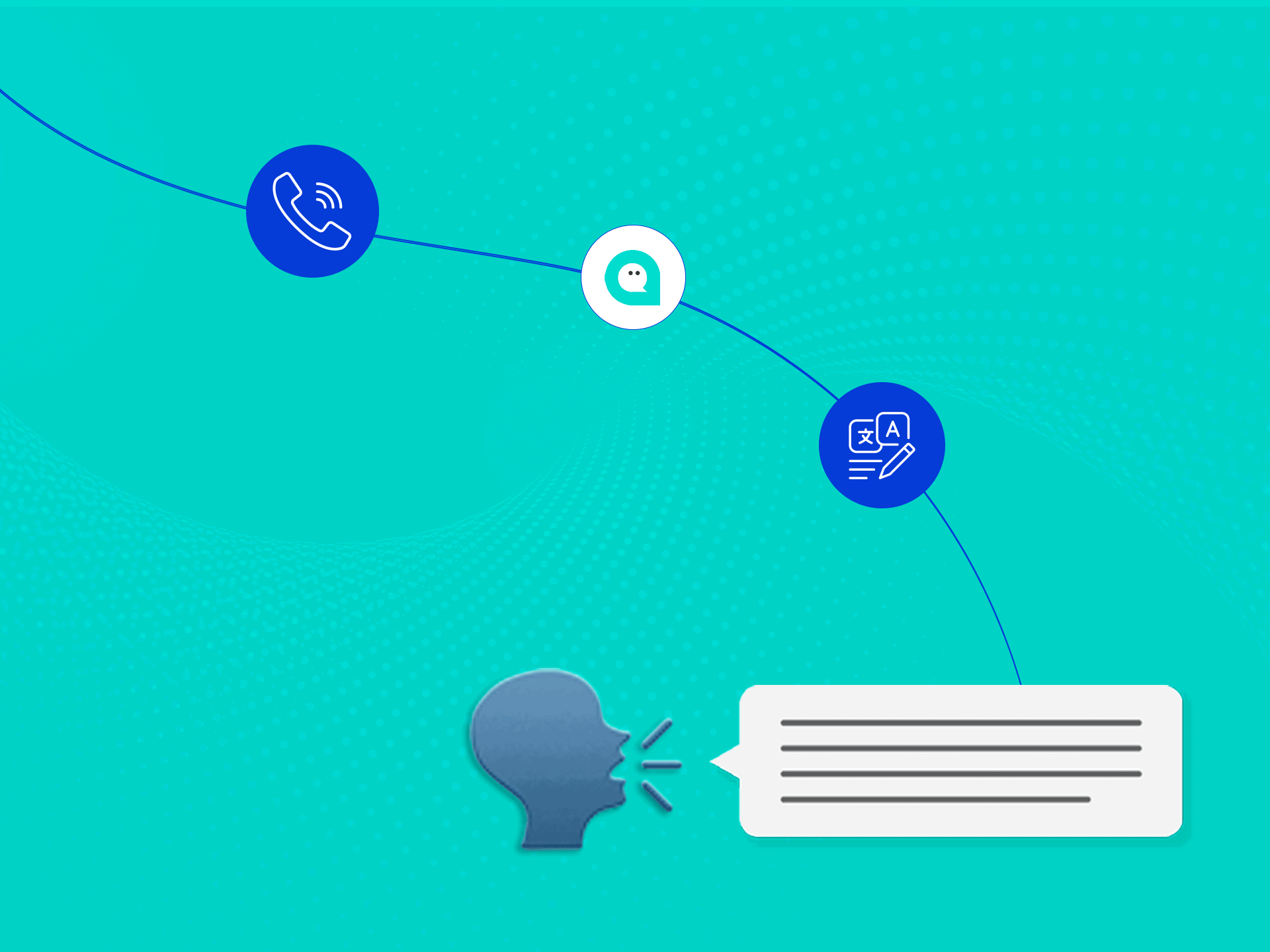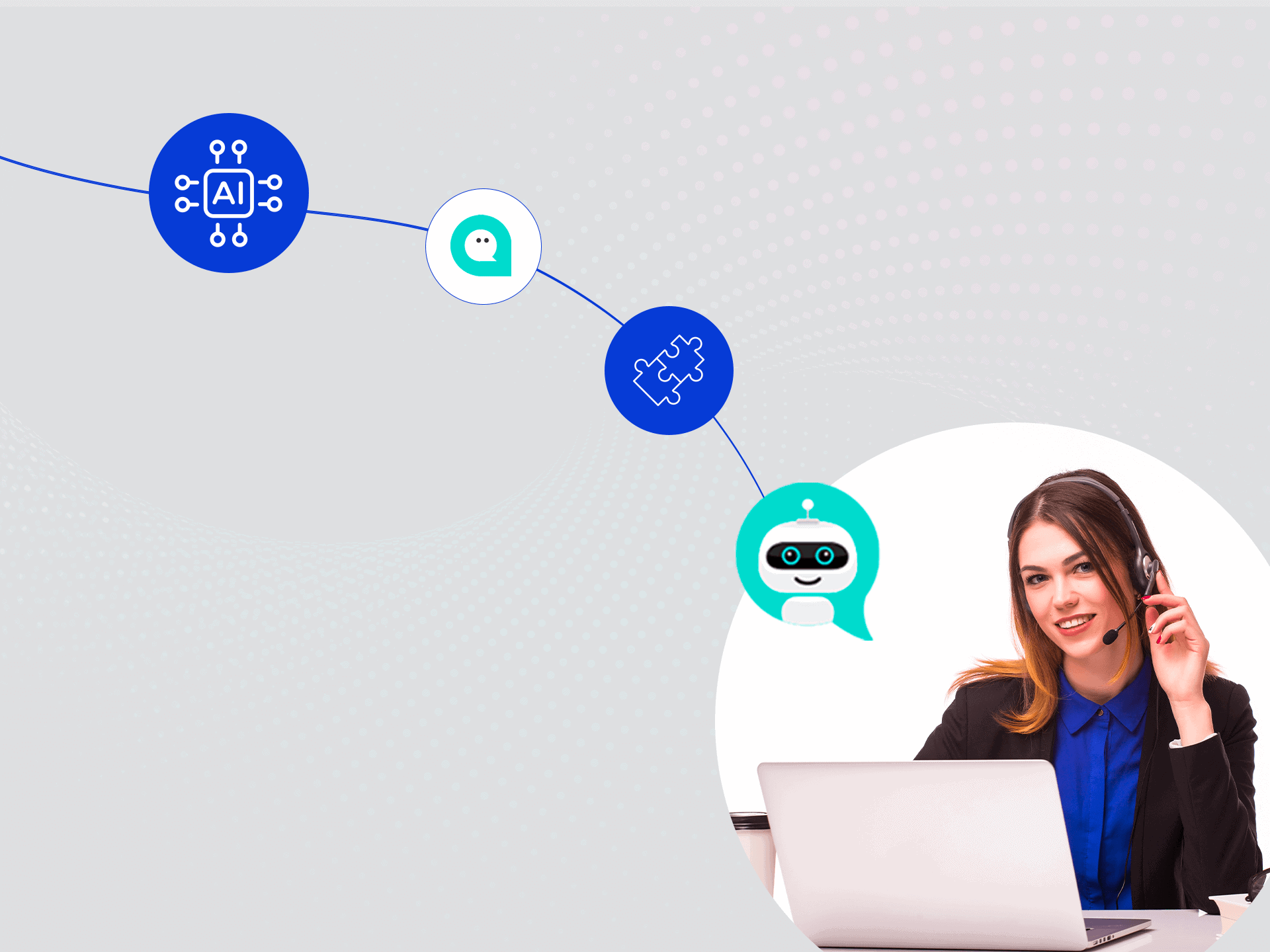Artificial intelligence is revolutionizing the world in many areas, and healthcare is no exception. With its ability to analyze large amounts of data and learn from it with machine learning,artificial intelligence is becoming an increasingly important tool for improving the health care system. But what are the risks associated with this use? How can we be sure that AI is an asset and does no harm, especially in such an important and sensitive area as citizen health?
What is artificial intelligence in health care?
Artificial intelligence in healthcare, it is not difficult to understand, is the application of artificial intelligence (AI) techniques in healthcare. Thanks to machine and deep learningand related technologies, we are witnessing a revolution in the way patients are treated and diagnoses are made.
The document of the Superior Health Council
Obviously, there remain many difficulties and distrust of the use of artificial intelligence in the medical field. Without rigorous scientific validation and control of the data on which machine learning bases its algorithms, the outcome of AI analysis and responses could lead to very serious consequences for patients' health.
For this very reason, in 2022, the Superior Health Council drafted, with the help of a group of experts in the field, a document titled "Artificial intelligence systems as a tool to support diagnostics" representing the viewpoint of the Ministry of Health towards the application of artificial intelligence in diagnostics.
In a regulatory framework whose purpose is to dispel ethical dilemmas and legislative issues, the document presents itself as a foundation from which to develop healthcare in which AI is increasingly an active and indispensable tool.
AI for healthcare process optimization
The use of'artificial intelligence in the medical field., regardless of doubts and standards to be defined, can bring numerous benefits, if done with a critical eye and optimize the processes related to it. Among the most obvious benefits we can see:
Improved patient management
The use of artificial intelligence in healthcare can also help improve patient management, reducing waiting times and ensuring that healthcare resources are used more efficiently. For example, AI can be used to predict patient flow in a hospital, enabling staff to organize appointments and resources more effectively. This can lead to a better experience for patients and less overload for physicians and nurses.
Reducing medical errors
Medical errors are one of the leading causes of preventable death and injury in health care systems around the world. Artificial intelligence can help reduce medical errors by providing physicians withdecision support tools based on data. For example, AI can analyze patient records and identify any dangerous drug interactions or contraindications before drugs are prescribed.
Cost reduction
As a direct consequence of increased efficiency, both in the area of patient management and that related to medical personnel, equipment and supplies, we find a sharp decline in health care expenditures, with the possibility of using the funds for research, machinery and hospital facility efficiency.
Examples of the use of artificial intelligence in healthcare
The benefits evident in the use of AI in the medical field, how do they apply to the everyday healthcare experience? Here are some examples where health care process optimization is transformed into "virtuous" daily practices:
Faster and more accurate diagnoses
One of the main benefits of using artificial intelligence in healthcare is the ability to speed up and improve the accuracy of diagnoses. With AI, clinicians can analyze large amounts of data in a short time, identifying patterns and correlations that would be difficult or impossible to detect with the human eye alone.
For example, AI can be used to scan medical images, such as X-rays or MRIs, detecting signs of disease much more quickly and accurately. This can lead to earlier diagnoses and, consequently, more effective treatments.
Personalization of treatments
Another key aspect of artificial intelligence in healthcare is the ability to tailor treatments to the specific needs of each patient. By analyzing data collected from patients, AI can identify which therapies are most effective for each individual, taking into account genetic, environmental, and behavioral differences.
This personalized approach to medicine can lead to better outcomes for patients, reducing the risk of side effects and improving quality of life.
Monitoring and forecasting epidemics
Artificial intelligence can also be used to monitor and predict the spread of infectious diseases, helping to prevent epidemics and pandemics. By analyzing data from various sources, such as social media, health reports, and weather data, AI can identify disease outbreaks and predict how they will spread over time and space.
This information can be used by health authorities to take preventive measures, such as distributing vaccines or closing public places, to contain the spread of disease and protect the public.
Promotion of healthy lifestyles
Artificial intelligence can also be used to promote healthier lifestyles, helping to prevent the onset of chronic diseases such as diabetes, obesity and cardiovascular disease.
By analyzing data collected from wearable devices and health apps, AI can provide personalized suggestions for improving nutrition, physical activity, and sleep, helping individuals take care of their health and avoid risky behaviors.
XCALLY and the application of artificial intelligence in healthcare
Also XCALLY suite, the omnichannel contact center software, has been engaged in the world of healthcare for years.
Through the features of XCALLY, one can manage reservations and cancellations of visits, or, as was done for the INGO client, Synlab, leverage a multichannel strategy, the use of chatbots and the configuration of IVRs, to build a complete support system.
The product's scalability and customization also make it an optimal aid in data analysis, via dashboards and KPIs.



